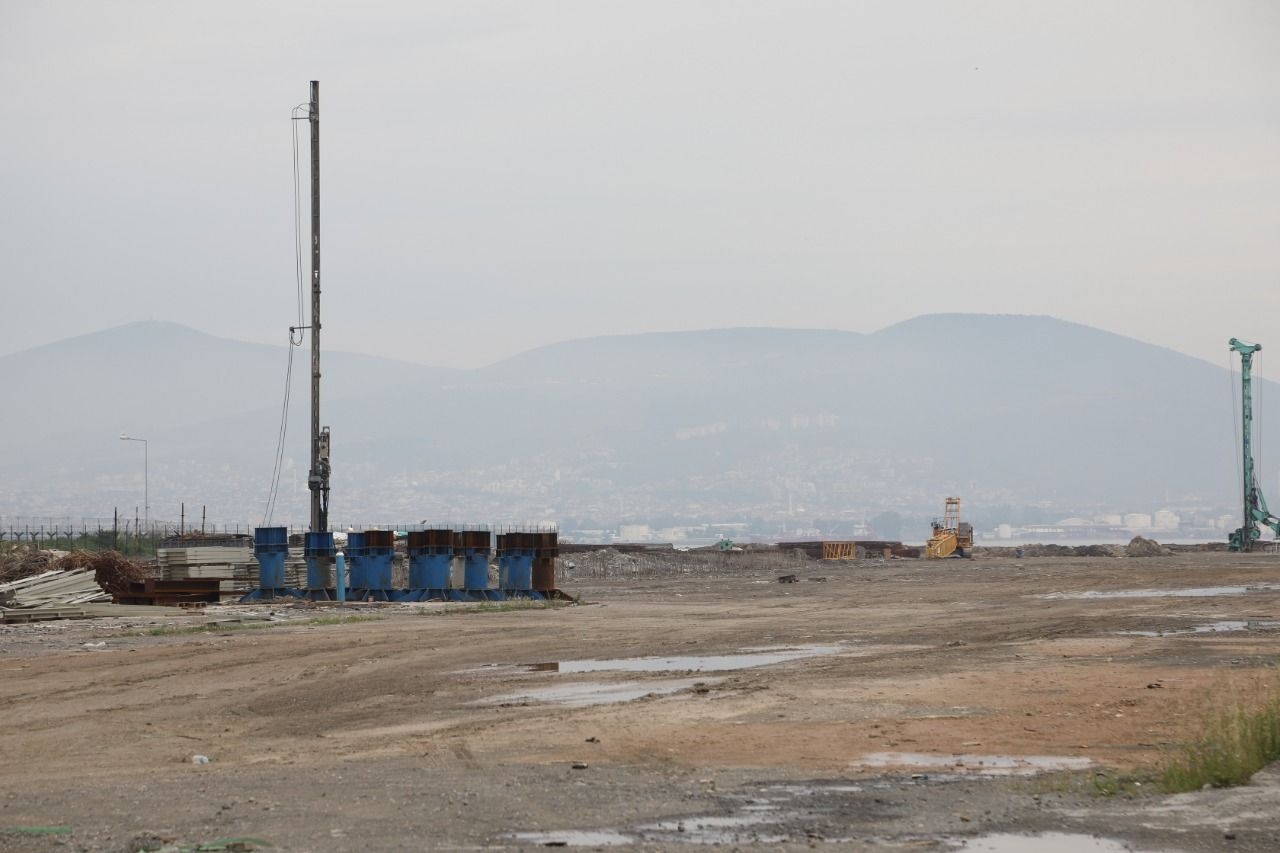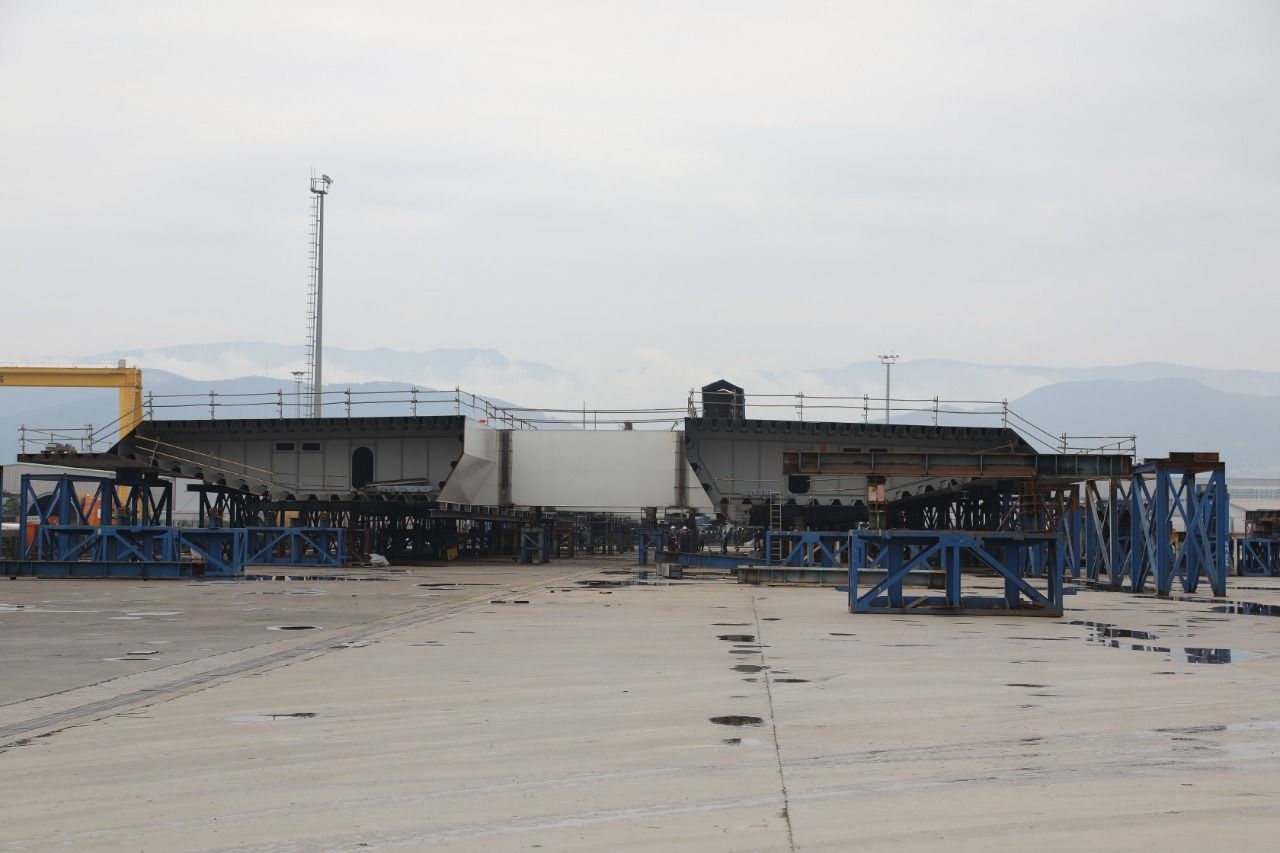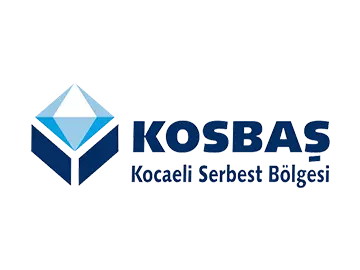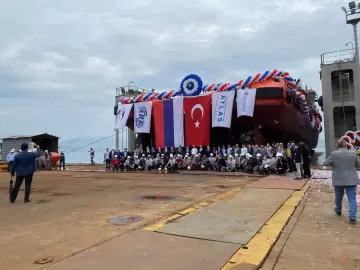- Working Hours 08:30 - 17:30
KOSBAŞ Third Largest Shipyard Area! 739 Million Dollars of Trade Volume...
KOSBAŞ, which is the only one growing in 2020 among the 20 free zones serving in Turkey, has become a shipyard specialization zone. 5 thousand workers are employed in the shipyards, 7 of which are active and one is under construction.
EVEN THE EARTHQUAKE DID NOT STOP
Free zones, where legal and administrative regulations regarding commercial, financial and economic areas valid in the country are not implemented or partially implemented, broader incentives are provided for industrial and commercial activities and physically separated from other parts of the country, free zones offer serious opportunities for the economy. With this logic, the Kocaeli Free Zone KOSBAŞ started to be established in the Gölcük SEKA Nursery before 1999. However, in the 1999 earthquake, the study area was submerged. After the earthquake, work started again in the area.

AYHAN ZEYTINOĞLU- Chairman of KSO and Chairman of the Board of Directors of KOSBAŞ Ayhan Zeytinoğlu stated that the productions made in the region contributed significantly to the trade volume of Kocaeli.
KOSBAŞ SPECIALIZES ON SHIPYARD
In KOSBAŞ, which started to be re-established, companies started operating in 2003. In fact, KOSBAŞ has become a free zone specializing in the field of shipyards among free zones where different sectors have the opportunity to produce. It is a place where 8 shipyards produce production, 7 of which are active and one is under construction. In 2020, 5 thousand workers are employed in KOSBAŞ, which makes a great contribution to the country's economy with a trade volume of 739 million 66 thousand dollars.

BIG SHIPS ARE MANUFACTURED
In KOSBAŞ, large offshore vessels, icebreakers, tankers, trailers, yachts longer than 50 meters are produced all over the world. The export of yachts made abroad, especially in shipyards that produce yachts, adds great value to the region.
ZEYTINOGLU TOLD
Chairman of Kocaeli Chamber of Industry (KSO) and Chairman of the Board of KOSBAŞ Ayhan Zeytinoğlu gave information about the region to our newspaper. Noting that as KOSBAŞ, they are the operators of the region and that they provide services for the companies here to produce in the best way, Zeytinoğlu gave the following information:
“-This area has become a free zone where shipyards are mainly located and which is almost a shipyard specialized free zone.

NEW SHIPYARD TO BE BUILT HERE- With the new shipyard to be built in KOSBAŞ, the number of shipyards in the free zone will increase to 8. With the new shipyard, KOSBAŞ will almost become a Shipyard Specialization area.
PRODUCTION IS MADE ON 817 DECEMBER OF LAND
KOSBAŞ is a region established on 817 decares of land. This land is completely state land. There is no property here. We run this place. Our licenses will expire in 2030. The licenses will be renewed and the work will continue. This is an important region for Kocaeli. It is a region that makes a significant contribution to its exports and trade volume. For this reason, we see the investments made here as valuable.

POLES OF WIND ROSE ARE PRODUCED- Another important product produced in Cimtaş Shipyard, apart from shipping activities, is the poles of wind roses that produce wind energy, which is an alternative electricity generation system. After the poles are produced here, they are sent to the regions where wind energy is produced.
5 thousand workers are working
After the establishment of the region, until 2008, with the construction and operation of the companies, 5 thousand workers were employed. Later, due to the economic crisis experienced in 2008-2009, the number of our employees decreased to 1000 as shipyard works were the sector that contracted the most. With the resolution of the problems in the sector, the number of our employees has increased to over 5 thousand today. With the new investment, this number will increase even more.

BRIDGES BRIDGES ARE MANUFACTURED- Cimtaş shipyard, which provides service in KOSBAŞ, also provides services with different productions The bastions of the Osmangazi Bridge built in the Gulf of Izmit and the Çanakkale Bridge on the Dardanelles Strait were produced here. Giant bastions were produced in this region for the first time in Turkey.
THIRD LARGE SHIPYARD AREA
Currently, 7 shipyards and a generator company provide service in the free zone. A shipyard was also built. When the new shipyard investment is completed, this will be a region with 8 shipyards. After Istanbul Tuzla, Yalova, the largest shipyard area will be KOSBAS. Very special productions are made here. Our companies that build mega yachts do their work here. Most of these yachts are sent abroad.
BRIDGES BRIDGES ARE BUILT IN KOSBAŞ
Some of our companies located here do not only operate in shipyards. Cimtaş company also manufactures the poles of wind roses that produce renewable energy, wind energy. This special production, which is of great importance for Turkey, is carried out in KOSBAŞ. At the same time, the bastions of the Osmangazi Bridge and the bastions of the bridge built in the Dardanelles are produced here. This is among the important works that strengthen our region. It gives us a very serious production power”
Occupational health and safety at the highest level
KSO Chairman Ayhan Zeytinoğlu, who also gave information about occupational accidents in KOSBAŞ, which has become a region where shipyards make intensive production, said, “Of course, occupational accidents occur in a region where 5 thousand workers work. However, since many corporate companies produce here, occupational health and safety measures are at the highest level. Therefore, occupational accidents are very rare. This is very important to us. Giving importance to occupational safety makes this region even better.”
KOSBAŞ is the only region growing in 2020
Together with KOSBAŞ, there are 20 free zones in Turkey. Although KOSBAŞ is not in the desired order in terms of exports among these regions, its contribution to Kocaeli's trade volume is substantial. Saying that the region makes production by improving itself every year, KSO President Ayhan Zeytınoğlu said that KOSBAŞ is the only growing region among 20 free zones in 2020.
739 million trade volume
KOSBAŞ, which makes production by increasing its trade volume every year, increased from 482 million dollars to 739 million dollars in 2016. Exports, which were 64 million dollars in 2016, increased to 256 million dollars in 2020. The trade volume of KOSBAŞ was 586 million dollars in 2017, 577 million dollars in 2018 and 755 million dollars in 2019. Within this trade volume, exports amounted to 127 million dollars in 2017, 114 million dollars in 2018, and 214 million dollars in 2019.




